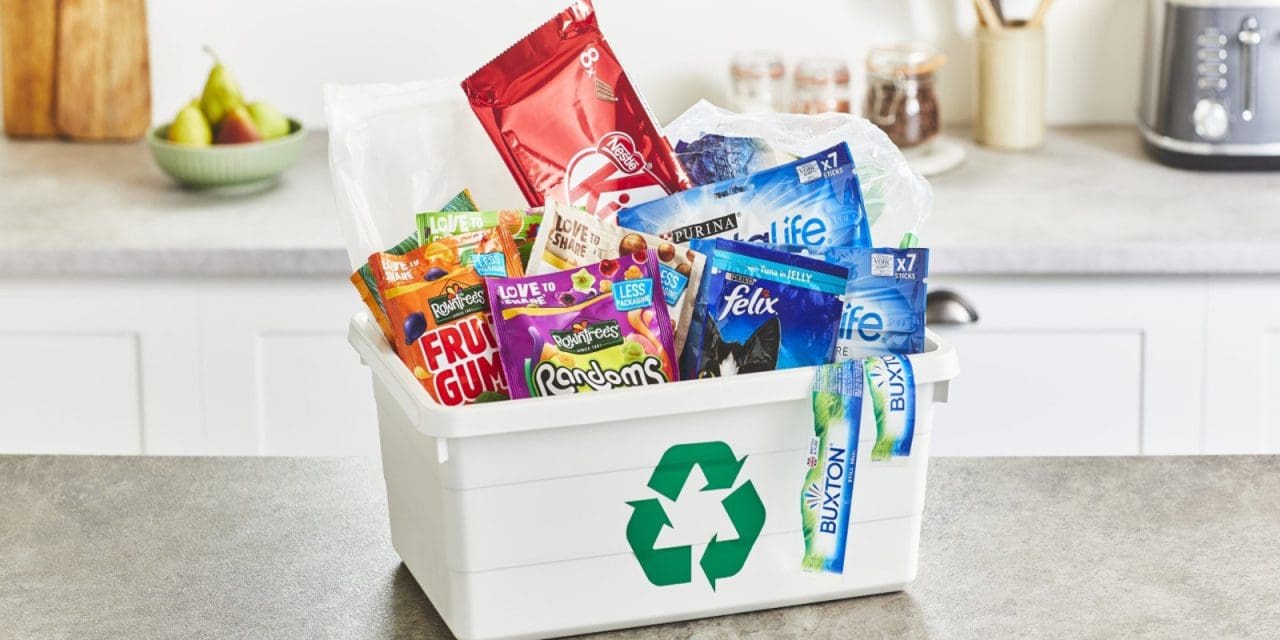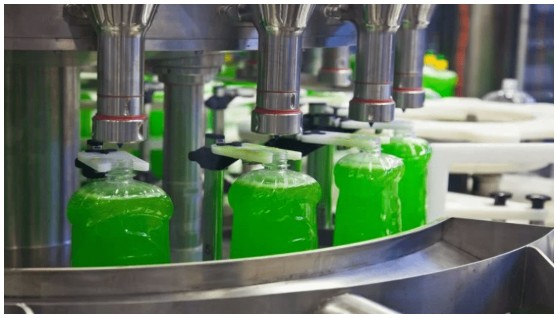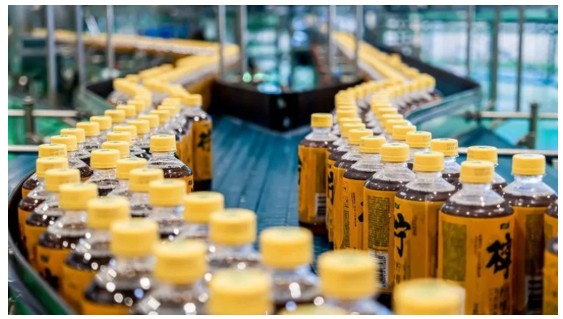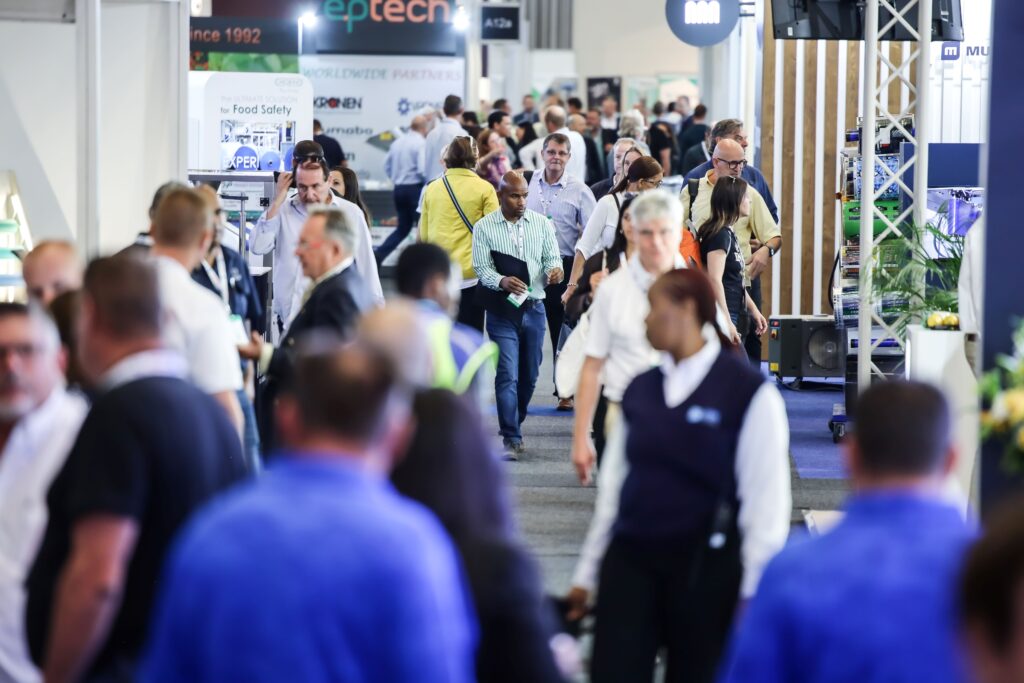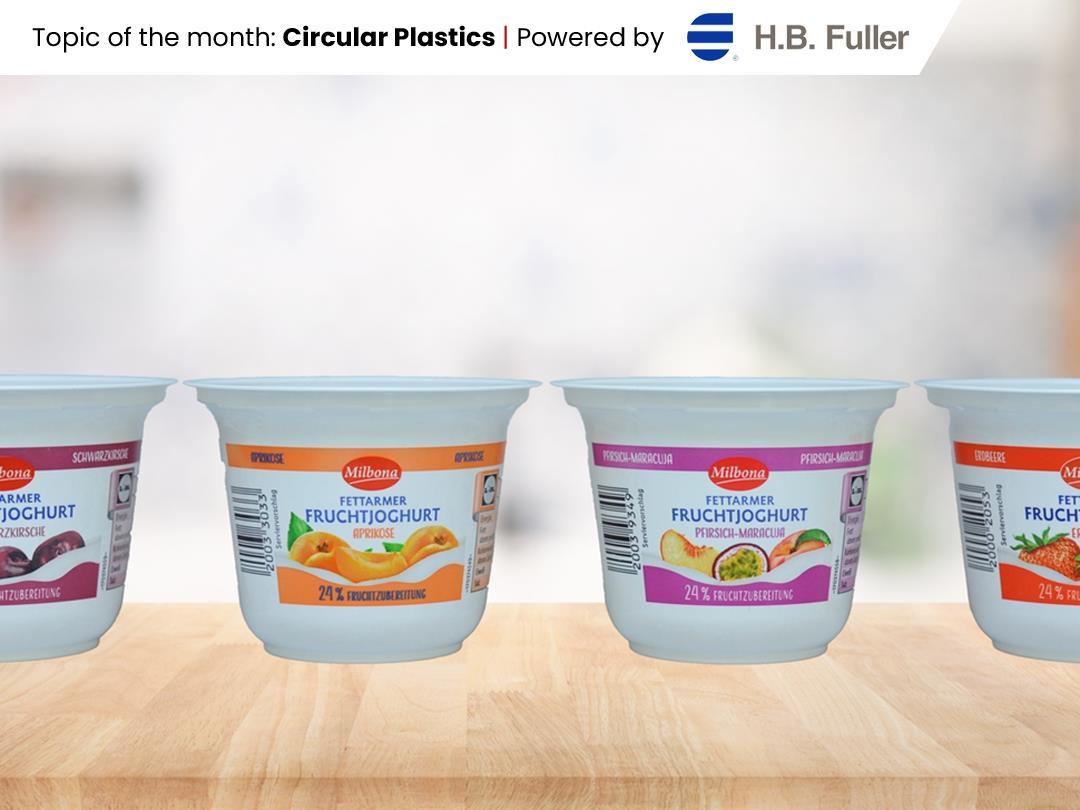UK – Nestlé UK & Ireland, a prominent food and beverage company, has pledged a £7 million (US$8.6m) loan to Impact Recycling, aimed at expediting the advancement of its “pioneering” technology.
This investment from Nestlé is intended to accelerate Impact’s technology development processes.
The funding will facilitate the implementation of the Baffled Oscillation Separation System (BOSS), an innovative technology designed by Impact.
BOSS will be integrated into Impact’s upcoming plastic recycling facility, scheduled to commence operations in Durham, England, by mid-2024. This facility in Newcastle will have a processing capacity of 25,000 tonnes.
The BOSS system operates by spinning waste plastics in water, enabling the separation of materials based on their density; materials either sink or float accordingly.
This technique efficiently identifies recyclable materials, particularly hard-to-recycle flexible plastics commonly used in food packaging, and processes them into pellets.
Nestlé specified that packaging items such as KitKat wrappers, Purina pet food pouches, Rowntree confectionery sharing bags, and Nestlé Cereal bags will be collected from major supermarket collection points for recycling at the Newcastle site.
Sokhna Gueye, Head of Packaging at Nestlé UK & Ireland, expressed, “At Nestlé, we are dedicated to ensuring our packaging can have multiple lives and doesn’t end up as waste in landfill.
“Supporting innovative technologies like this is just one of the many steps we are taking towards ensuring our packaging can have multiple lives and doesn’t end up as waste in landfill.”
Nestlé aims to design nearly 100% of its packaging for recycling by 2025 in the UK and Ireland, working toward making all packaging recyclable or reusable.
The recycled pellets from this process can be utilized to manufacture various flexible products, including post and refuse bags, potentially replacing virgin plastic films in construction and agriculture.
Impact Recycling’s CEO, David Walsh, stated, “We are delighted to partner with Nestlé on this initiative to develop a 25,000-tonne commercial recycling plant for post-consumer flexible plastic.
“Through this funding, Nestlé demonstrates its unwavering commitment to innovation and the pursuit of sustainable solutions for plastic packaging.”
Previously, Impact Recycling received £4.1 million (US$5.11m) from the government-funded UK Research and Innovation and £2 million (US$2.49m) from private investment consultancy firm IW Capital.
The company also participated in Project Beacon, collaborating with PI Polymer Recycling and Recycling Technologies to chemically recycle plastics for new material or other chemical products.
Source:

